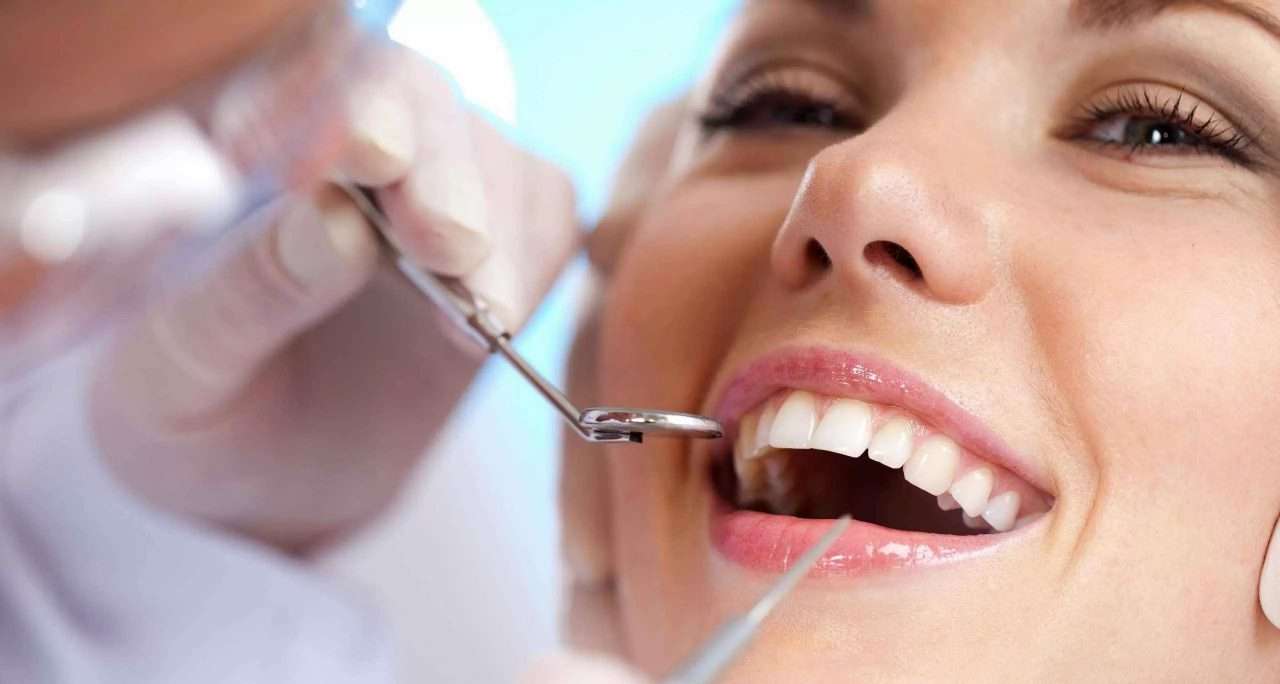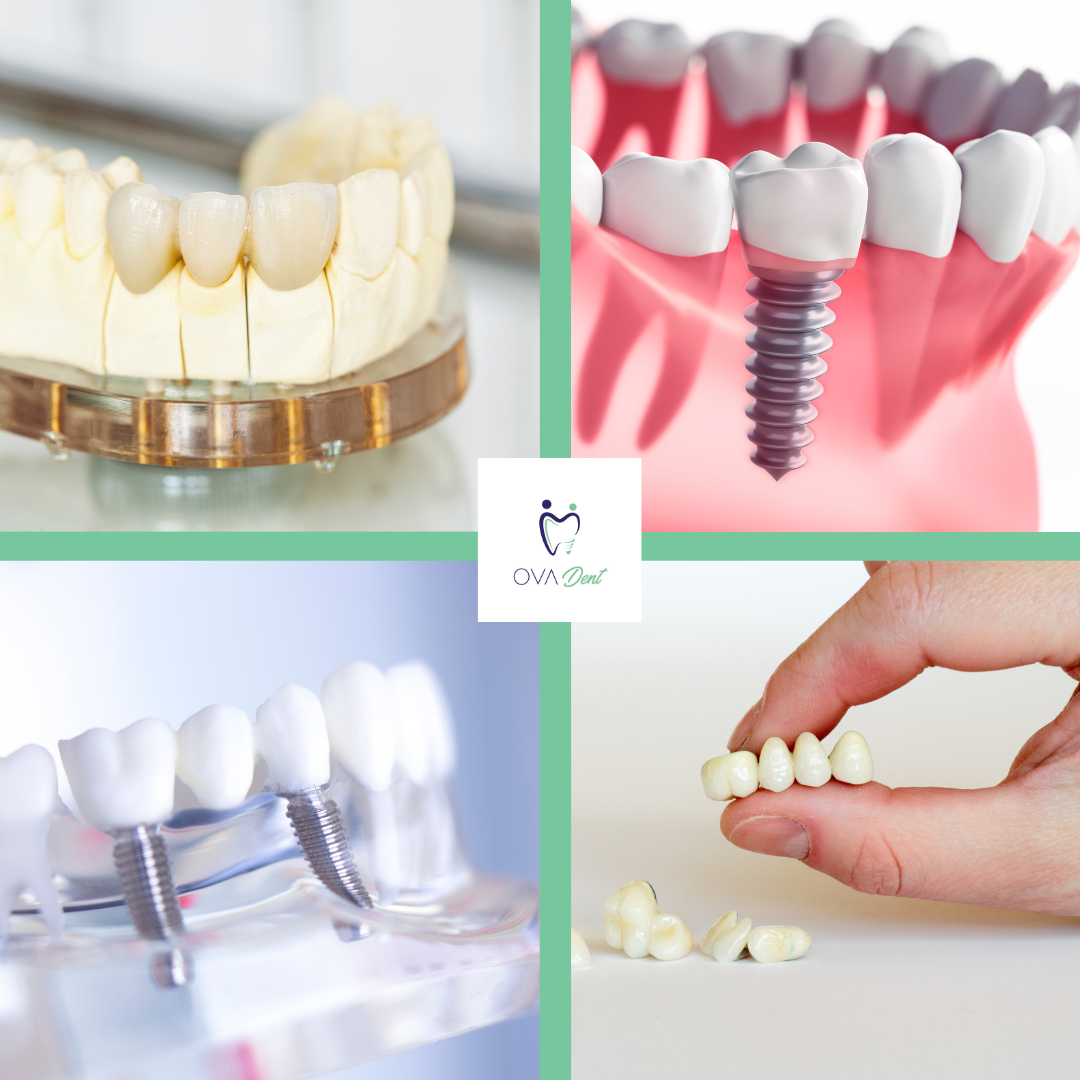There are 3 types of dentistry, each focussing on the area of treatment relevant to the oral health and conditions of your teeth. General, Cosmetic and Restorative dentistry
General
General dentistry focuses on the general care and maintenance of your teeth. General and preventative dentistry is aimed to reduce the need for restorative treatment in the future, carrying out routine check-ups where the dentist will look for cavities and oral diseases. Routine visits and general check-ups may involve X-rays, deep cleaning and some fillings, where necessary a general dentist may also be able to remove teeth where necessary (extraction) and where surgical extraction is not needed. During routine check-ups, other oral issues can be identified in early stages to avoid further more intense treatment in the future, for example if you suffer from grinding of the teeth a Mouth Guard can be provided by your general dentist. Other conditions such as gum disease or decaying of the teeth can also be treated in early stages to avoid future treatments.
Cosmetic
Cosmetic treatments are referred to as dentistry procedures that will improve the look and appearance of an individual and their smile but not associated with the functionality of the teeth. Cosmetic treatments may not be needed for health reasons but more about the smile and the patient’s quality of life. Veneers and Dental Crowns can be used to change the shape, length and general appearance of teeth, Dental Bonding may also be used in instances where there are large gaps or chips on the teeth but is a resin material that can be more easily applied direct onto the teeth as an alternative to veneers. Teeth
What Treatment Do I Need? A Guide to Personalized Dental Care
Introduction
Determining the right dental treatment for your specific needs is a crucial step towards achieving optimal oral health and a radiant smile. From routine preventive care to complex restorative procedures, the world of dentistry offers a spectrum of treatments tailored to address diverse dental concerns. In this guide, we explore common dental issues and the corresponding treatments that may be recommended to enhance your oral well-being.
1. Routine Check-ups and Cleanings
Why:
Routine dental check-ups and cleanings are essential for preventive care, enabling early detection of potential issues and maintaining overall oral health.
Recommended Frequency:
Every six months, or as advised by your dentist.
2. Dental Fillings
Why:
Dental fillings are used to repair teeth with cavities or minor damage, restoring their structure and preventing further decay.
Indications:
Cavities, minor tooth damage.
3. Teeth Whitening
Why:
Teeth whitening is a cosmetic procedure to remove stains and discoloration, enhancing the brightness of your smile.
Indications:
Stained or discolored teeth.
4. Orthodontic Treatment
Why:
Orthodontic treatments, such as braces or aligners, are employed to correct misalignments and achieve a properly aligned bite.
Indications:
Crooked teeth, bite issues.
5. Dental Crowns
Why:
Dental crowns are used to restore and protect damaged teeth, providing strength and functionality.
Indications:
Severely decayed or damaged teeth.
6. Dental Implants
Why:
Dental implants are a permanent solution to replace missing teeth, offering stability and natural aesthetics.
Indications:
Missing teeth, weakened jawbone.
7. Root Canal Treatment
Why:
Root canal treatment is performed to save a severely infected or damaged tooth by removing the infected pulp.
Indications:
Severe toothache, infected pulp.
8. Periodontal Treatment (Gum Disease Therapy)
Why:
Periodontal treatment addresses gum disease, preventing its progression and maintaining healthy gums.
Indications:
Bleeding gums, gum recession, bad breath.
9. Dental Veneers
Why:
Dental veneers are thin shells placed on the front surface of teeth to improve their appearance, covering imperfections.
Indications:
Cosmetic enhancements, chipped or stained teeth.
10. Full Mouth Reconstruction
Why:
Full mouth reconstruction involves a comprehensive approach to restore the entire mouth’s function and aesthetics.
Indications:
Multiple dental issues affecting various aspects of oral health.
Conclusion
Understanding the specific treatment your oral health needs requires a professional assessment by a dentist. Regular dental check-ups and open communication with your dentist will pave the way for a personalized treatment plan tailored to address your unique concerns. Whether it’s preventive care, cosmetic enhancements, or restorative procedures, the world of dentistry offers a range of solutions to keep your smile healthy and beautiful. Schedule a consultation with your dentist today to embark on the journey to optimal oral well-being.




